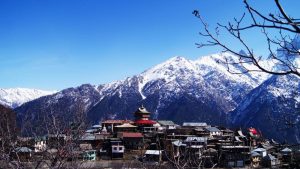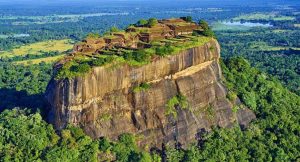Last Updated: February 20, 2025 Sudip Dey
Mosques in India are not typifyed as mere religious centres or prayer chambers but as grand architectural feasts for the eyes of the beholders. Starting from the time of Ghurid Dynasty to the days of Mughals, most of the famous mosques were constructed to create political influence or to exhibit the opulence of the rulers. But, there are Islamic religious places in India like the Bara Imambara in Lucknow which was constructed to provide shelter to the famine-stricken sufferers. Though, the dome, minaret and arches are some of the common features among the Indian mosques, a distinctive characterstic is observed amongst the shrines of Kashmir Valley. Spacious, mysterious, and above all highly auspicious mosques in India are mostly open to common people (except prayer time) and generate a soothing feel among the visitors.
Here is the list of the most popular mosques in India:
Jama Masjid, Delhi
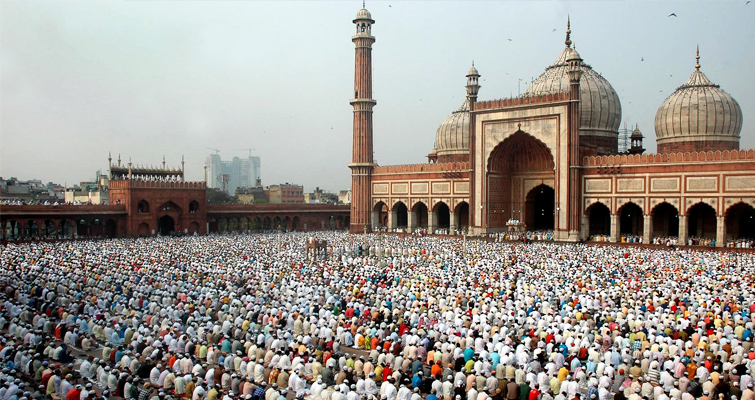
Photo: bit.ly/1IqbJLh
The largest mosque in India capable to accommodate around 25,000 devotees during prayer, Delhi Jama Masjid ranks among the worlds’ most popular Muslim religious sites. An inseparable part of Delhi tourism, this architectural extravaganza was constructed by Mughal emperor Shah Jahan in 1644. Brought out with impressive detailing over the minarets, domes, arches and doors, this highly decorative masjid comprises four grand towers, three huge gates. The minarets are 40m high and made of red sandstone and white marbles. The mosque is about 261 feet (80 m) long and 90 feet (27 m) wide. To make resemblance with the Jama Masjid of Agra, the floor of this mosque had been covered with white and black ornamented marbles (making it look like a Muslim prayer mat). The inlay detailing in the interior arches looks impressive till date. The northern gate of Delhi Jama Masjid has 39 steps and the southern side has 33 steps. The eastern gate to this mosque was made for the rural entrance and it has 35 steps.
Makkah Masjid, Hyderabad
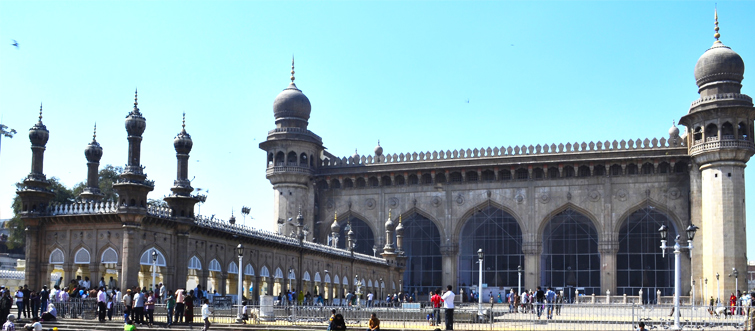
An easy to view architectural genius from the top of the Charminar in Hyderabad, Makkah Masjid or Mecca Masjid is located close to the historic landmarks of Chowmahalla Palace, Laad Bazaar. One of the oldest mosques in India, this Muslim religious site was constructed by Muhammad Quli Qutb Shah, the fifth ruler of the Qutb Shahi dynasty. It is believed that the bricks used for constructing central arch of the mosque were soil-made and were brought all the way from the hallowed city of Mecca in Saudi Arabia. The main prayer hall of this mosque rises around 75 feet above the ground and can accommodate around 10,000 people at a time. The mosque has got five passageways, arched galleries and octagonal balconies, four minarets attached with a small dome above each. The mosque is designed with floral motifs and frescoes and many of the arches are inscribed with Quranic verses. The main prayer hall is 75 feet high, 220 feet wide and 180 feet long. It is estimated that the mosque it took 77 years and around 8000 workers to complete the construction of this imposing Masjid.
Taj-ul Masjid, Bhopal
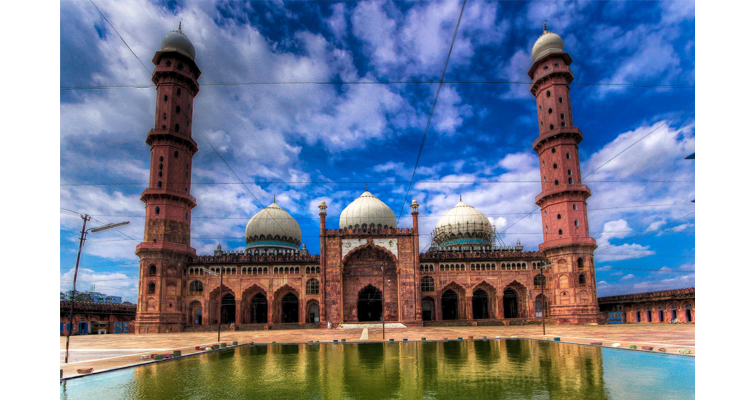
Photo: bit.ly/1FsYpnn
The literal meaning of Taj-ul-Masjid is ‘The Crown of Mosques’ and it is located in Bhopal– the capital city of Madhya Pradesh. Claimed to be the one of the tallest mosques in Asia, this mosque was initially built during the Nawab Shah Jahan Begum (1844–1860 and 1868–1901) of Bhopal. The mosque was given final touch in 1985. The entrance gate is designed with ancient motifs taken from from circa 1250 Syrian mosques. The pink facade of the mosque is topped by 18-storey high octagonal minarets brought out with marble domes. The double-storeyed gateway is attached with four recessed archways and nine cusped multiple openings to the main prayer hall. The Quibla wall is engraved with eleven arches and has exclusive screens of trellis work.
Bara Imambara, Lucknow
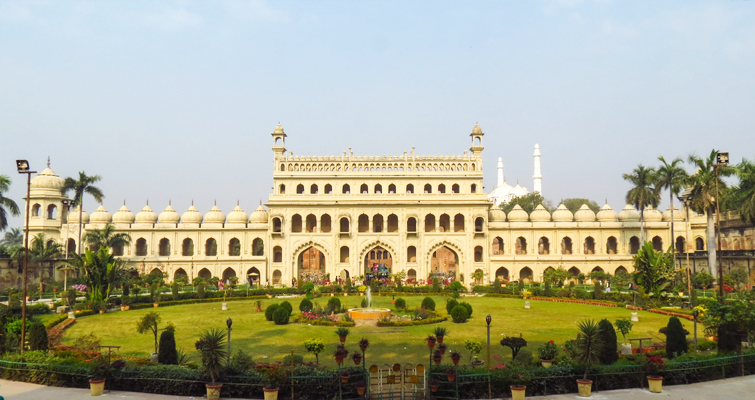
Photo: bit.ly/1TDcOYN
Built for a noble cause by the 4th Nawab of Awadh- Nawab Asaf-ud-Daula, Bara Imambara or Asafi Imambara is considered to be India’s largest unsupported structure. This marvel of engineering is located in the city of Lucknow in Uttar Pradesh and is counted among the most stunning architectural marvels of the country. The construction work of this religious building was started in 1784 and took 14 years to complete. The entire building is made of Lakhnawi bricks (small size bricks) and lime plaster. Surprisingly no wood or metal is used to construct this building. The most striking element of this building is the arched roof of the central halls which are constructed without using a single beam or girder. Bhool Bhualiya (Labyrinth) is comprised of around 1,000 passages, 489 identical doorways and a number of staircases that goes up or down.
Jama Masjid, Agra
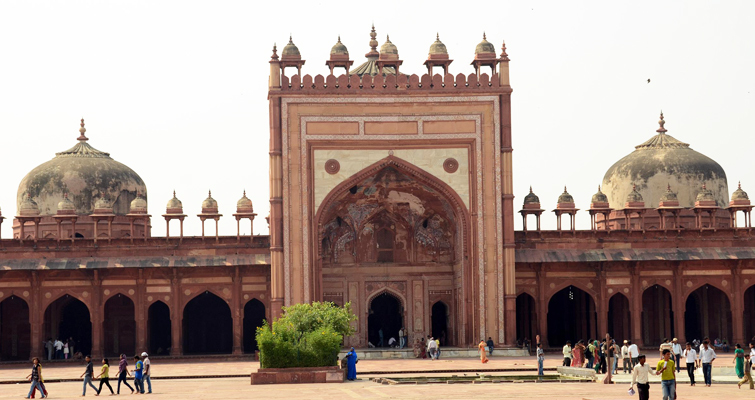
Photo: bit.ly/1GYMnHD
Built especially for Jahanara, the daughter of Mughal emperor Shahjahan, Jama Masjid in Agra is a grand historical monument raised in 1648. The rectangular mosque houses a central nave with a single dome along with two colonnaded halls on both sides. The mosque comprises two square chambers which are crowned with domes. Carved mihrabs beautify the main chamber and the two smaller rooms. The mosque rests on a raised platform which is topped with five arched entrances leading towards the courtyard. The Tomb of the popular Sufi Saint- Sheikh Salim Chisti is found within the complex of Jama Masjid. The mosque is topped with three huge domes engraved with inverted lotus and kalash finials (a distinctive section or ornament at the apex of a roof) fixed on the top. Jama Masjid in Agra can accommodate around 10,000 people at a time.
Jamali-Kamali Mosque, Delhi
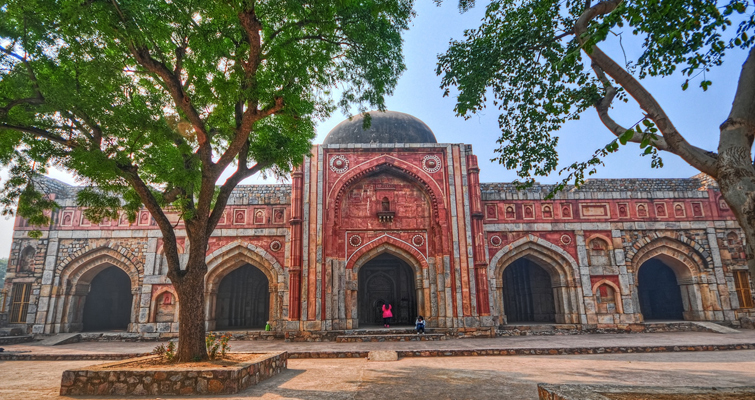
Photo: bit.ly/1d7ulqx
A 16th century monument standing in ruins, Jamali-Kamali Mosque and Tomb is located in Mehrauli, Delhi near famous archaeological site of Qutub Minar. Built in 1528-29, this archaeological splendour is found in Mehrauli Archaeological Park and encloses one mosque along with two tombs of Jamali and Kamali. Built in Red Sandstone with Marble-facing, this mosque is positioned in an enclosed garden area and includes large courtyard, prayer hall, five arches with the central arch having a dome. The mosque is considered to be a pioneer of Mughal Architecture especially the Jhorokha System.
N.B: The mosque is not allowed to be accessed after sunset as people often complain about supernatural activities, eerie sound and sudden white visions.
Quwwat-ul-Islam Mosque, Delhi
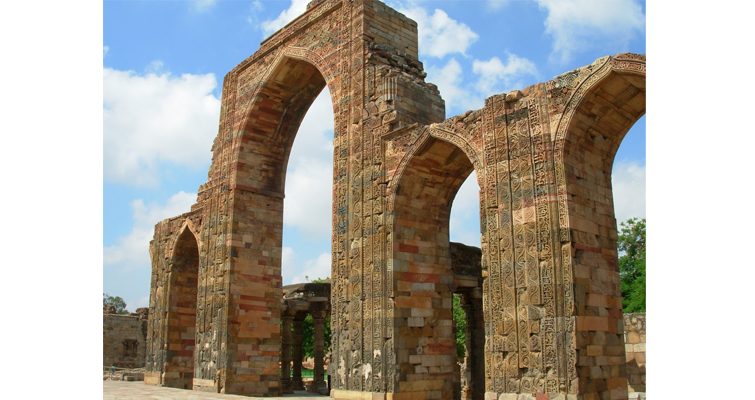
Photo: bit.ly/1FsYwPR
Claimed to be the first mosque built in Delhi after the Islamic invasion in the country, Quwwat-Ul-Islam Mosque is a Jaami Masjid (Friday mosque) built in 1193 AD. One of the oldest surviving examples of Ghurids architecture in India, Quwwat-ul –Islam’s construction began when Aibak was the commander of Muhammad Ghori’s garrison. It is built on raised platform measuring 141 ft. X 105 ft and is surrounded by pillared cloisters. The courtyard of Quwwat–ul-Islam Mosque is enclosed by 105′ X 141′ cloisters. The facade of this mosque is engraved with floral motifs and Quranic verses. After the death of Qutubuddin Aibak, his successors extended the area of this mosque. Today’s famous Qutub Minar was raised in this mosque complex for the muezzin to perform adhan (call for prayer) and also as an axis of Islam.
Adhai Din ka Jhonpra Mosque, Ajmer
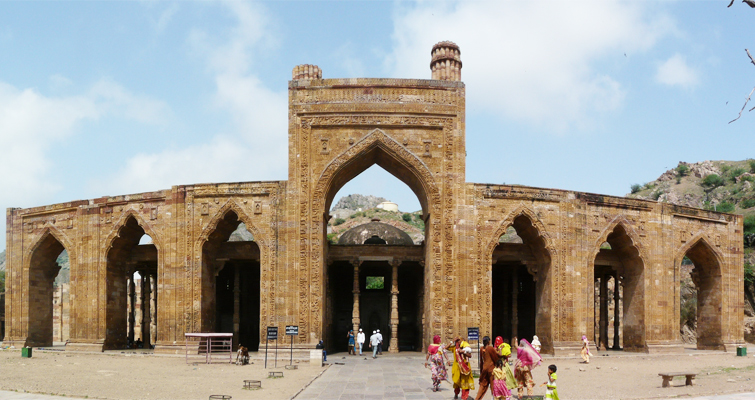
Located on the border of Ajmer, Rajasthan- Adhai Din ka Jhonpra Mosque is a popular mosque beyond the Dargah of Khwaja Muin-ud-din Chishti Rahmatullah Alaih. These extraordinary ruins were believed to have been given today’s form with an extended wall raised within two and a half days by Muhammad Ghori. Originially built as a Sanskrit college for the advancement of the language, this complex was vandalised by Ghori and in 1198 he converted the building to a mosque with the extension of a seven-arched wall. This extended part was embellished with Islamic calligraphy in front of the pillared hall. On the front wall of the entrance one can see arches made of yellow limestone. The intriguing rectangular panels carved on the walls of the prayer hall resemble the design of Persian mosques.
Jama Masjid, Ajmer
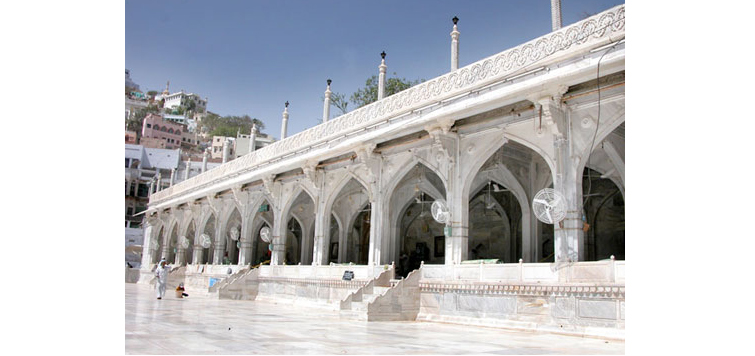
Photo: bit.ly/1IqbX59
An exotic tourist destination built during the Mughal reign in India, Jama Masjid of Ajmer is located in Lohakhan Colony of Ajmer, Rajasthan. This grand mosque was constructed under the supervision of Shahjahan in 1638 as a sign of gratitude after his triumph in the battle against the Rana of Mewar. This 45m long mosque has 11 arches and bears Persian inscriptions on its walls. Built in pristine white marbles, this architectural marvel is divided into three parts. The prayer hall of this mosque is designed in a star shape. The mosque is close to the hallowed shrine of Khwaja Muin-ud-din Chishti Rahmatullah Alaih and is thronged by huge crowd during annual Urs festival.
N.B: Non-Muslims are not allowed to enter the mosque during prayer time.
Nagina Masjid, Agra
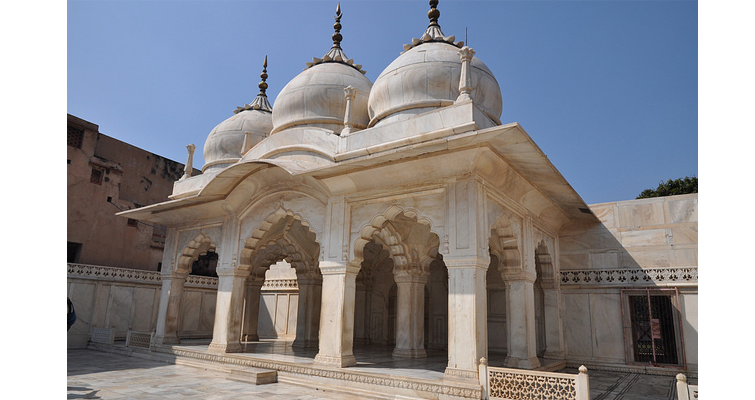
Photo: Santiago Abella
Nagina Masjid or Gem Mosque is located in the north-western corner of the Macchi Bhawan in the premises of Agra Fort. An architectural marvel, this beguiling mosque was built by Shah Jahan between 1631-40. The mosque has a marble paved court surrounded by walls to the South, North and East. The prayer hall is found on the west. The main prayer hall of this mosque is built in pure white marble and oozes a pristine aura during sunny days. Bearing a very simple and decent decoration this mosque stands with three domes on its top and well adorned arches. Built for the ladies of the royal family as a private mosque this magnificent structure is 10.21 meter broad and 7.39 meter deep. A curve can be seen in the middle of the facade in the Chajja as well as across the parapet which makes the central part of the facade more prominent to look at. This architectural feature is known as bangladar and serves as a distinctive characteristic of this mosque.
Hazratbal Masjid, Jammu & Kashmir
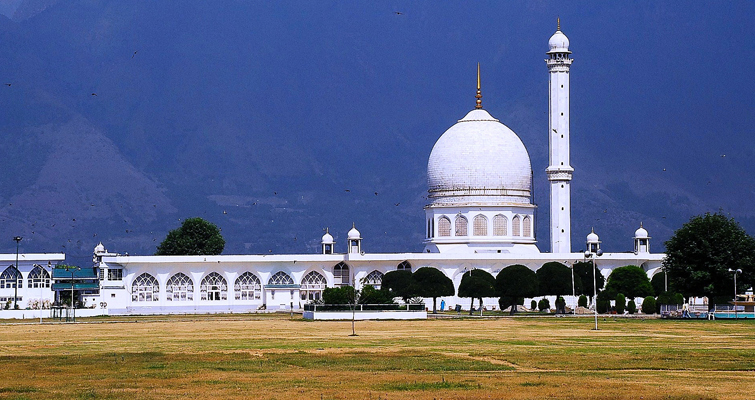
Photo: bit.ly/1Lpyp1q
Located in Hazratbal, Srinagar in Jammu and Kashmir, Hazratbal Masjid is a hallowed Islamic shrine on the left bank of the Dal Lake. Being 154m in length and 25m in height, this pristine white structure comprises one dome and one minaret. The shrine contains a holy relic called the Moi-e-Muqaddas which is believed by many Muslims as the hair strand of Prophet Muhammad Sallallahu Alaihi Wasallam. Found at a scenic location, this quaint religious building looks impressive on clear sky days and startles the eyes of the visitors when its reflection appears on the Dal Lake.
Jamia Masjid, Srinagar
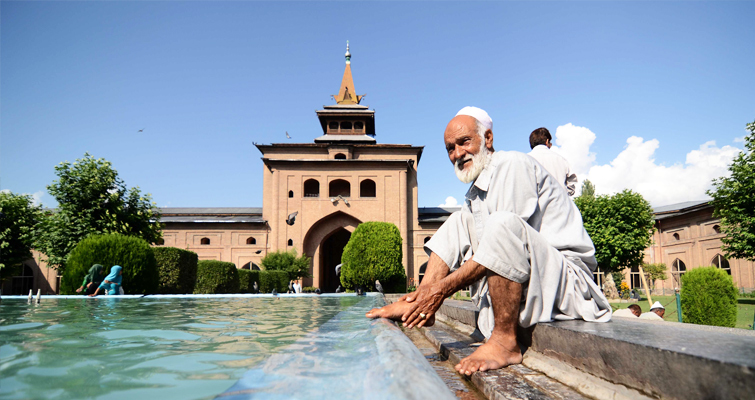
Photo: bit.ly/1SycbhS
Built in 1400 AD by Sultan Sikandar, Jamia Masjid in Srinagar (Jammu and Kashmir) is located at Nowhatta. Standing out against the bustling streets of Old Baazaar, this mosque is designed in beautiful Indo-Saracenic architecture. The Masjid encloses a beautiful courtyard and 370 wooden pillars. This spacious holy site can accommodate around 30,000 people during community prayer time. The mosque compound is set with a square garden and surrounded by wide lanes on all four sides.
I am sure the devoted souls must have better idea about the mosques and their regulatory systems. So, it would be great to listen from them about the other popular mosques of India which I could not talk about in this post.
Subscribe our India Travel & Tourism Blog and stay updated with travel news, destinations and holiday ideas in India along with best holiday travel packages and offers.
Published: 20 Jun, 2015
From the tranquil land of Silchar, Assam, Sudip is a nature enthusiast. An avid wildlife lover and a history buff, Sudip likes to explore and capture the best through his lens. He aims at working towards the conservation of biosphere and desires to promote the rich heritage of India. As a traveller, Sudip has extensively explored North-East India. When he is not travelling, Sudip likes to read novels and write travel and lifestyle blogs.


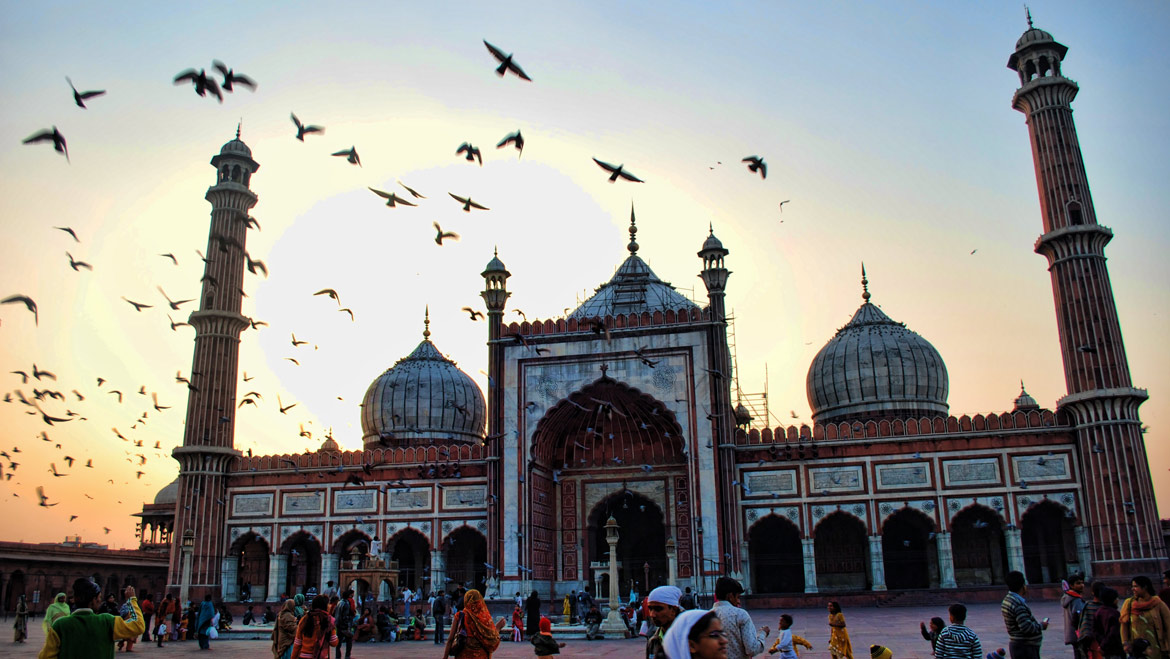
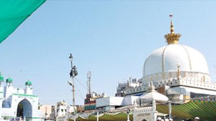 6 Nights / 7 Days
6 Nights / 7 Days 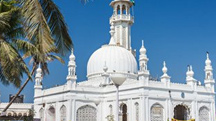 5 Nights / 6 Days
5 Nights / 6 Days 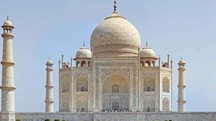 6 Nights / 7 Days
6 Nights / 7 Days 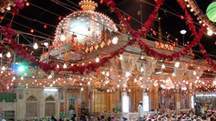 4 Nights / 5 Days
4 Nights / 5 Days 













